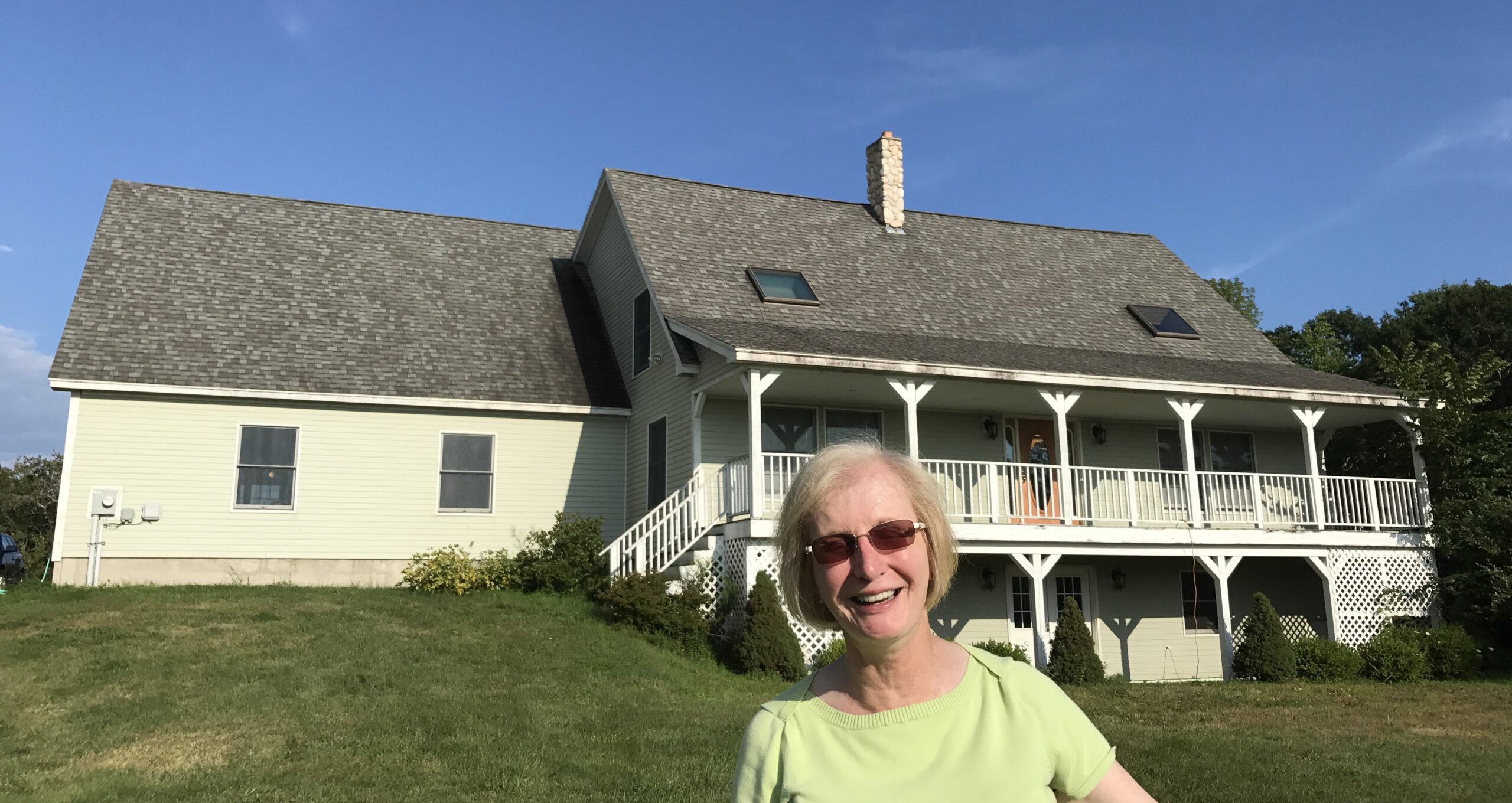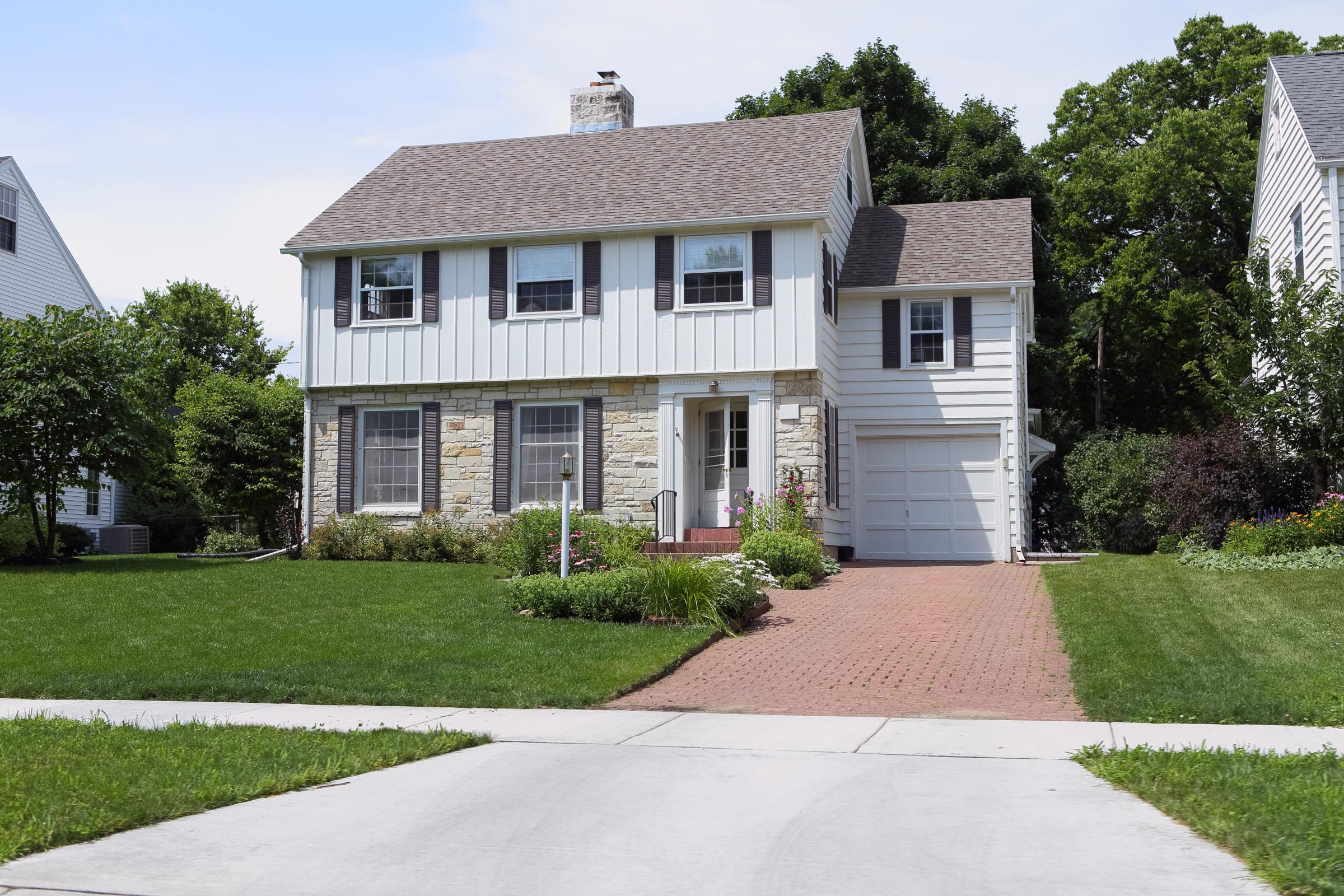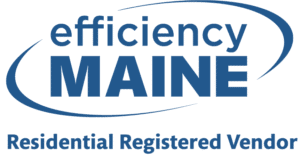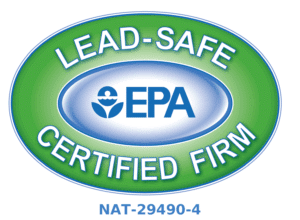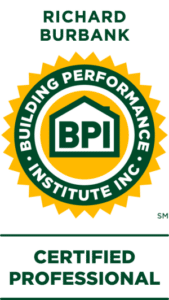Not All Insulation Performs the Same—Especially in a Maine Winter
Insulation isn’t one-size-fits-all. Different insulation materials have different strengths and uses. That’s why Evergreen is the home insulation company near you that takes a careful, building science-based approach, like choosing the right insulation for the job that will help you get the most out of every upgrade.
One type of insulation we don’t use is fiberglass – it underperforms in cold climates, settles over time, and is a favorite nesting site for critters. Instead, we use materials that are proven to work in Southern and Coastal Maine homes.
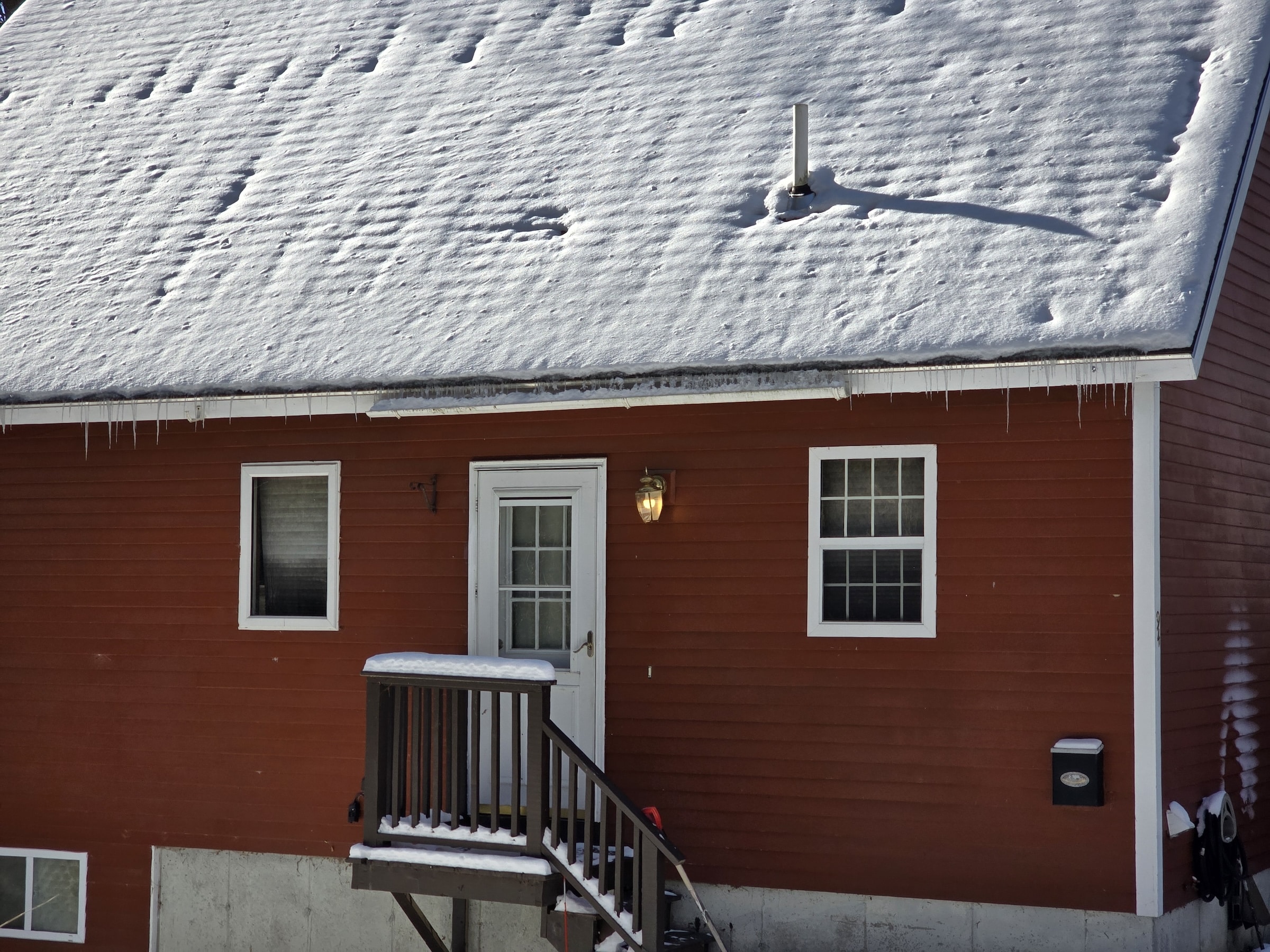
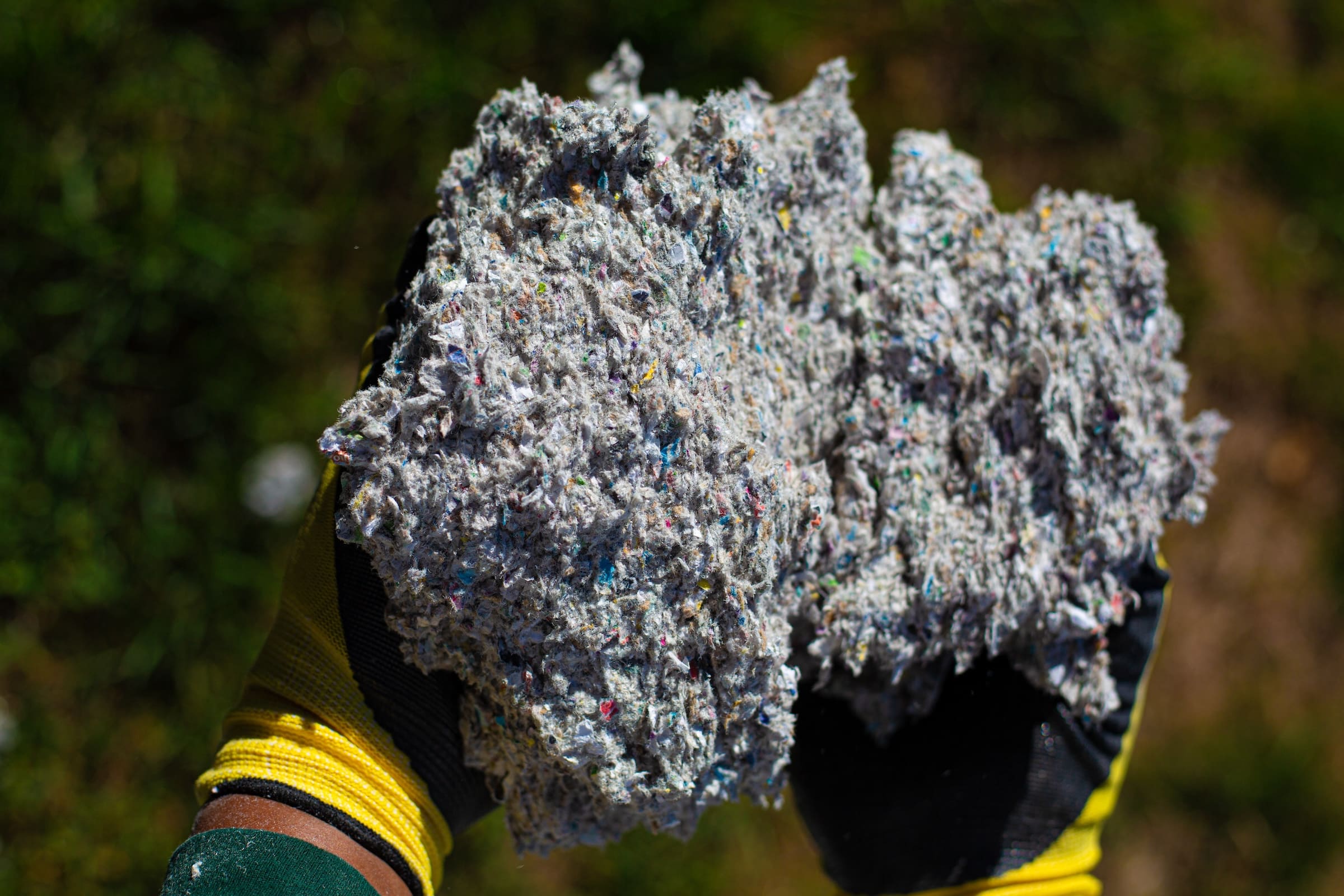
The Materials We Use – and Why
Cellulose Insulation
Often used in: Attic floors (loose blown); roof slopes, floor cavities, and wall cavities (dense packed)
We use Beno-Therm cellulose, made from recycled newspaper and treated to resist fire, pests, and mold. It’s one of the most cost-effective and high-performance insulations available, and it’s a go-to for many Maine homes.
- Excellent thermal and sound insulation
- Fire- and mold-resistant
- Non-toxic and eco-friendly
- Can be blown in as loose-fill or dense-pack
Made in Maine Wood Fiber Insulation
Due to popular request, customers can now request TimberFill insulation from Timber HP, a Madison, Maine-based company. TimberFill works similarly to cellulose and is primarily blown in loose in attics, or in some cases dense packed in roof slopes and walls.
Mineral Wool (Rock Wool) Insulation
Often used in: Chimneys, masonry walls, or areas exposed to moisture or heat
Mineral wool looks like fiberglass, but don’t be fooled—it’s denser, tougher, and more resistant to moisture, pests, and fire, making it a great choice for basements and utility areas.
- Strong fire and moisture resistance
- Durable and long-lasting
- Excellent sound dampening
Closed-Cell Spray Foam Insulation
Often used in: Basement walls, rim joists, crawlspaces, and hard-to-seal areas
Closed-cell spray foam expands on contact, filling cracks, gaps, and cavities before hardening into a solid, airtight layer. It acts as both insulation and an air and moisture barrier. We use spray foam for very specific jobs to deliver lasting performance in tough conditions.
Because it’s a chemical product, spray foam needs to be installed with safety and care, and your family will need to vacate the home during installation and curing.
- High R-value and rigid structure
- Acts as an air, moisture, and vapor barrier
- Ideal for old foundations or stone walls
Foil-Faced Rigid Foam Board
Best for: Poured concrete basement walls or crawlspaces
Rigid foam boards offer a clean, finished look. As an experienced local basement insulation company, we use rigid foam board because it delivers high insulation value, moisture protection, and fire resistance.
- Long-lasting performance
- Air and moisture resistant
- Fire-rated white foil facing for a clean aesthetic
Helping You Choose the Right Material—And Installing It the Right Way
The material is just one piece of the puzzle. How it’s installed is what makes it perform.
Since 2006, Evergreen has helped more than 4,500 homeowners choose the right basement, wall, and attic insulation in Portland, Rockland, and the rest of Southern and Coastal Maine. We’re your local insulation guide, walking you through your options, explaining the tradeoffs, and recommending the best fit for your home, budget, and long-term comfort.
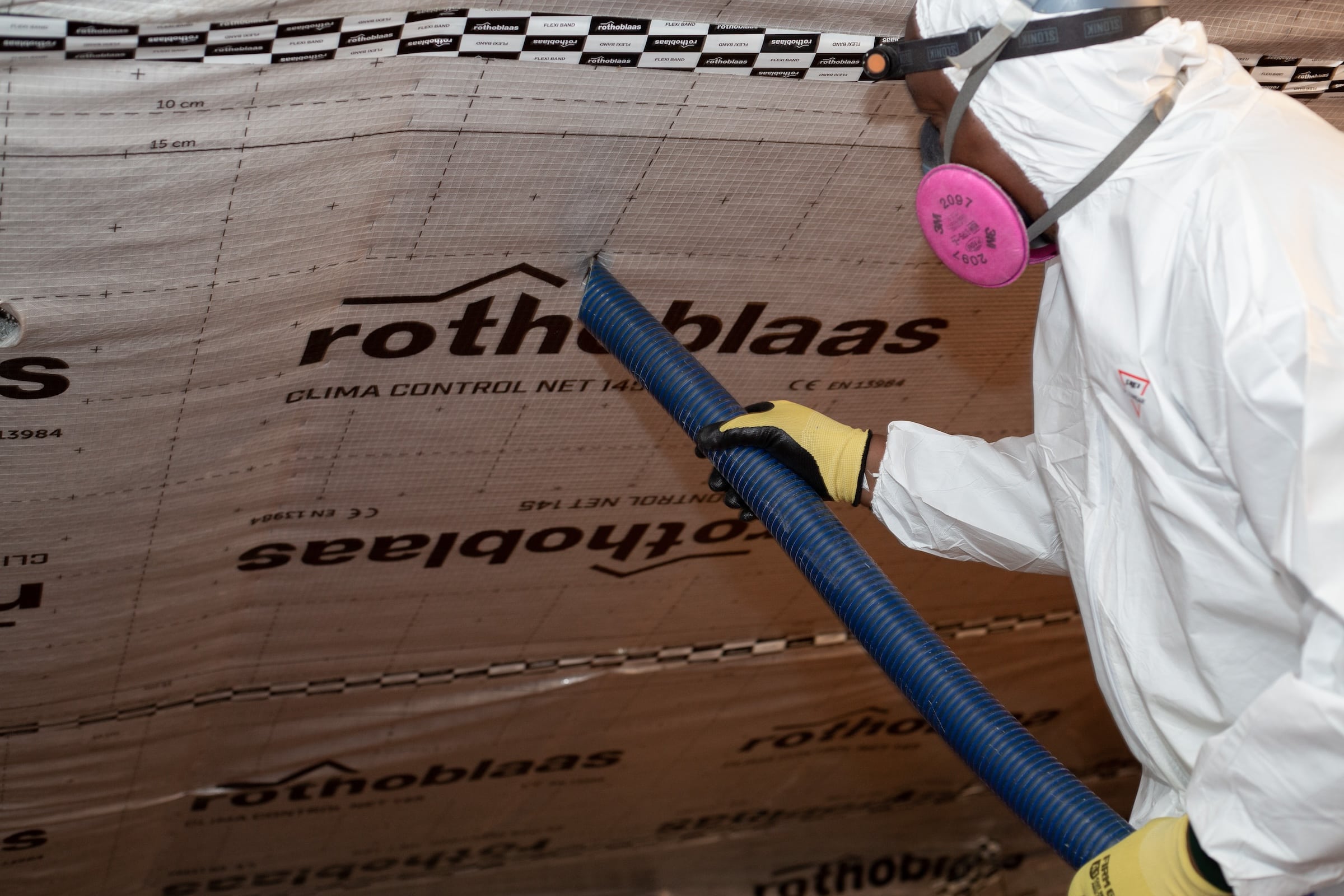
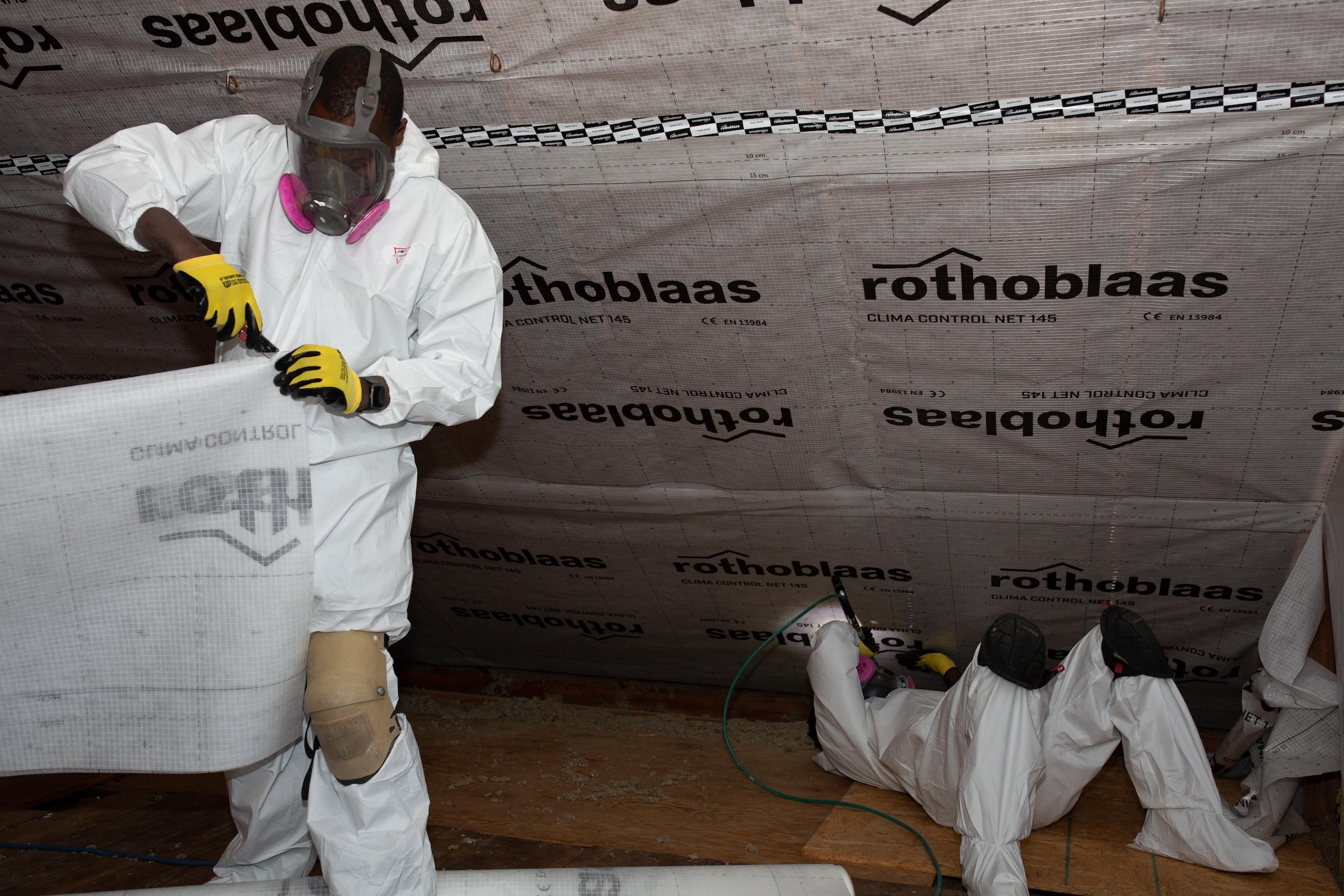
Insulation Incentives Available Now
No matter the insulation material, insulation incentives are available that can help save you thousands when you improve your home. Evergreen is the leading Efficiency Maine program contractor for insulation and air sealing upgrades and can help you qualify for:
- Efficiency Maine rebates up to $8,000
- Low-interest financing starting at $50/month
